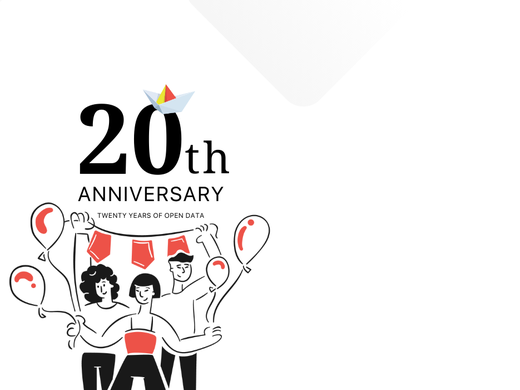Events
The CKAN team is a virtual organisation, with developers as far a field as London, Newcastle and Berlin, so it was a refreshing change when the team recently met for two days in Sheffield to review the state of the project and discuss future directions. A number of decisions came out of this meeting about changes to the code base to make it cleaner, easier to understand and develop, and more efficient, and agreed coding standards. Discussion continues as usual on the
ckan-dev mailing list. Our thanks to the excellent
GISTlab for the use of their space.
Ira is currently at a different kind of meeting: she is at the
European Data Forum in Copenhagen, tuning in to the discussion among industry, research, government and others on the challenges of big data and the data tools of the future.
Demo site
We're working on setting up a demo site that showcases CKAN's features and is smart-looking and as easy as possible to use. The aim will be to have a site where anyone thinking of using CKAN can try out uploading datasets, previewing data, new groups functionality, social extensions etc. Some of the resulting work on streamlining the interface (especially for creating datsets) and theming will eventually find its way into future releases, so everyone can benefit. Everyone has been involved to some extent, and Aron has been particularly busy with front-end work.
Of course, the work of small fixes and improvements also carries on as usual. A minor release is being planned that will fix some bugs that have inevitably come to light since the recent major release, CKAN 1.7.
CKANs around the world
Sean has been working with our partners at
NAI on setting up the
CMAP project for Chicago. Adrià has updated
publicdata.eu, which now runs
CKAN 1.7, the latest release. The Czech community portal at cz.ckan.org has also been upgraded. And work continues on the forthcoming
EC data portal: recently, John has made the search integrate smoothly with fixed-vocabulary tagging, and David has worked on allowing a dataset to be given metadata in multiple languages.

